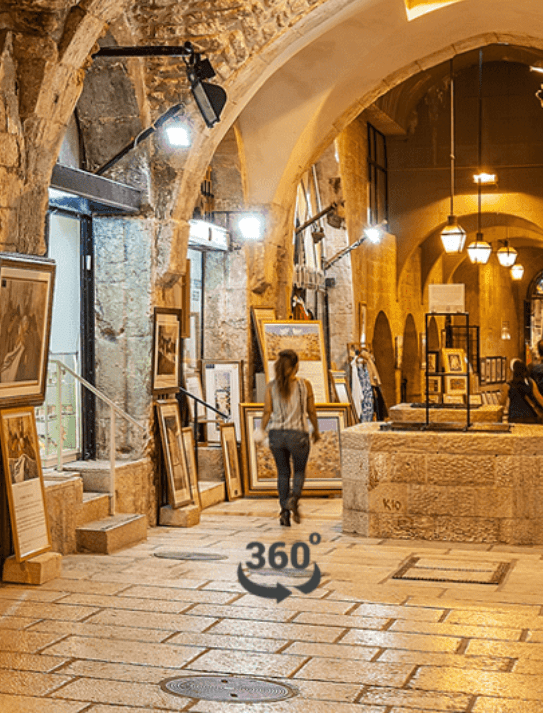Bukhara is an ancient city in the central Asian country of Uzbekistan. It was a prominent stop on the Silk Road trade route between the East and the West, and a major medieval center for Islamic theology and culture. It still contains hundreds of well-preserved mosques, madrassas, bazaars and caravanserais, dating largely from the 9th to the 17th centuries.
Though the community has decreased significantly over the years, the city of Jewish Bukhara once had a thriving Jewish population. The Bukharan Jews are considered one of the oldest ethno-religious groups of Central Asia and over the years they have developed their own distinct culture. Throughout the years, Jews from other Eastern countries such as Iraq, Iran, Yemen, Syria, and Morocco migrated into Central Asia (by way of the Silk Road).
While some Bukharan Jews relate their own ancestry to the period of the Assyrian captivity and exiles from the tribes...















